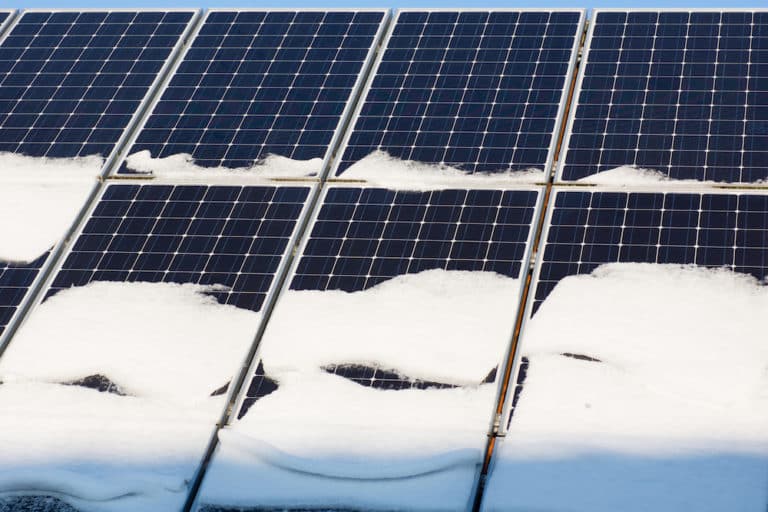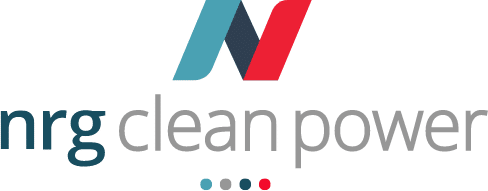
When it comes to going solar, there’s no time like right now! Winter (specifically January and February) is almost always the best time to install solar panels on your home.
Winter Is The Best Time To Install Solar On Your Home
Regardless of the time of year, we always recommend going solar sooner rather than later. And the earlier you make the switch, the faster you’ll experience the many benefits of home solar systems. From helping the environment to avoiding blackouts and saving on your monthly utility bills. However, the winter constantly proves itself as the best time to install solar for a variety of reasons.
Our energy experts have outlined some of the key reasons why winter is the best time to install solar.
Top 4 Reasons Why Winter Is Best Time To Install Solar
1. Winter is the slow season for solar, so you can get a better deal
Although summer is the most popular time to install solar panels, winter is actually more ideal for most homeowners. Summer is the busiest time of year for most installers. During the slower winter months, some installers may offer seasonal deals to bring in new customers. Plus, by shopping during the slow season, you’ll have the added benefit of finding an installer who can devote more time to your project.
It’s like buying a winter coat in July—you’ll always get a better deal!
Many other solar installers only provide a few cookie-cutter options to choose from. Meanwhile, we create a custom design for each customer, specifically tailored to reduce costs and maximize efficiency.
2. Installing solar panels doesn’t happen overnight
For the average solar shopper, it can take anywhere from three to six months to get their solar panels up and running once they decide to go solar. If you wait until the beginning of the summer to start shopping, your solar home energy system might not be up and running until the end of the year. When summer comes around and temperatures increase, so do electricity bills. Homeowners tend to use more A/C in the months of June, July and August. Getting prepared earlier in the year helps with cutting those costs. If you wait until you get your first summertime air conditioning bill, you’re already too late.
3. Faster solar panel installation
Again, fewer people install solar panels over the winter, so you won’t have to wait long to get things moving. Whereas during the summer, you might find yourself at the end of a long line of homeowners. This means you could wait weeks for an installer to come out to your house. In the slower, colder months, when there are fewer installations in your neighborhood, we can get to your house quicker. And since our time to install is among the fastest in the industry, it won’t be long before your solar panels are up and running.
4. Financial incentives are disappearing sooner than you think
If you’re considering solar now, you shouldn’t wait until the spring to start the shopping process. Many federal and state solar incentives (like the Federal Investment Tax Credit) will start to diminish over the next couple of years. By 2023, homeowners who install solar will no longer get to take advantage of the 26 percent tax credit.
One of the requirements of most incentive and rebate programs like this is that the installation must be completed within the calendar year. By purchasing your solar system in the winter months, you can guarantee a timely installation and ensure eligibility for the rebates and incentives.
Go Solar & Start Savings Now
If you wait until the busy summer months, not only will you miss out on key savings, you also run the risk of a delayed installation and ineligibility of incentive programs. If you want to go solar, contact a trustworthy installer as soon as possible. By starting your solar buying journey in the winter months you can: get the best price, install your system before summer rate and usage increases, ensure a quick installation and maximize savings via federal and local incentives.

Authored by Ryan Douglas
NRG Clean Power's resident writer and solar enthusiast, Ryan Douglas covers all things related to the clean energy industry.

